Going to Great Lengths to Ensure High-Quality Data Collection in Liberia
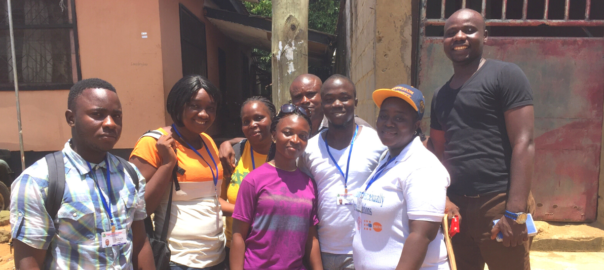
On World Population Day (July 11th), USAID published a blog post to celebrate 50 years of high-quality data, first through the World Fertility Survey, then The DHS Program. 50 Years of Data for All recognizes The DHS Program’s local partners in Colombia, Liberia, and Nepal, whose hard work makes survey Final Reports and datasets free and available for all.
Take a peek behind the scenes with three data collectors for DHS Program surveys in Liberia.
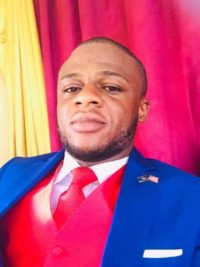
Data collectors are committed to quality throughout the survey process. “From the design of the questionnaire to the last interview, the work we put in depends on how much love we have for our country,” explains Andrew Tellewoyan. Andrew is the Assistant Director for Price Statistics at the Liberia Institute of Statistics and Geo-Information Services, the implementing partner for the 2019-20 Liberia DHS. Andrew has worked on four DHS Program surveys, beginning as an interviewer for the 2007 Liberia DHS.
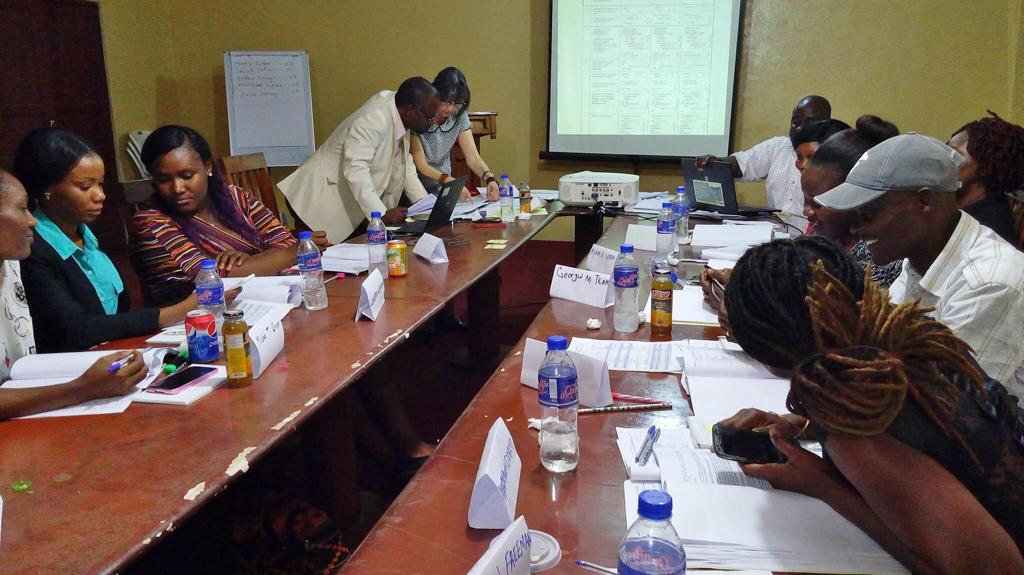
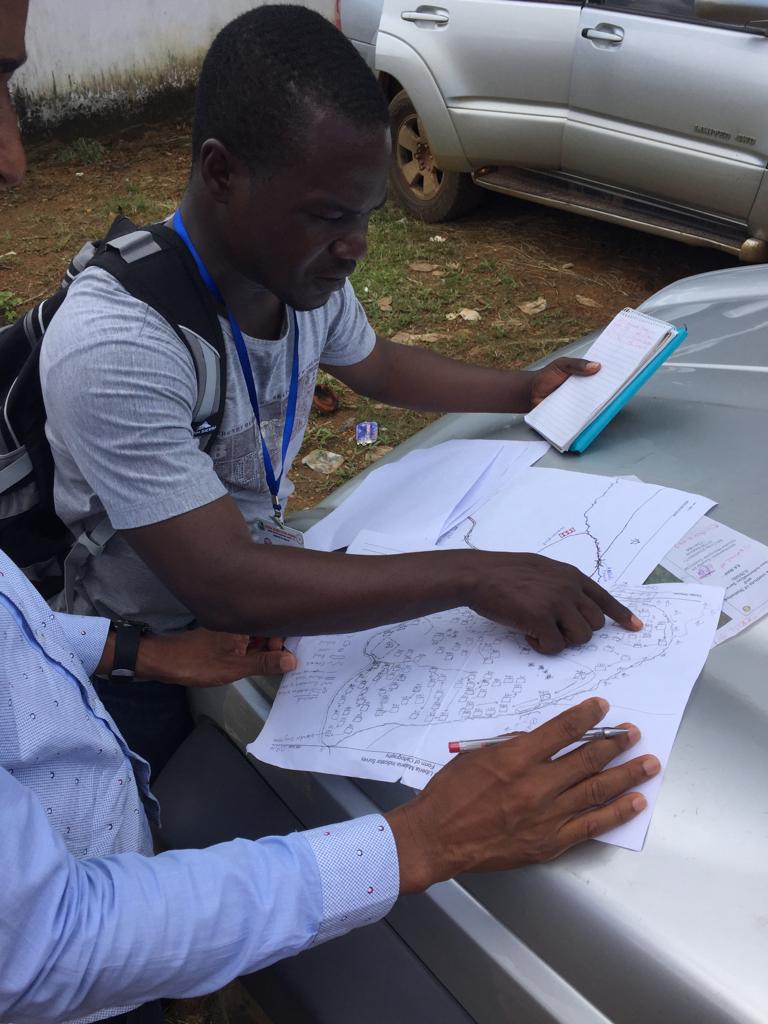

During their training, data collectors review the questionnaires and practice interviewing each other. “The training lasted for a month. It was a very competitive process. Your selection was based on your performance during the training exercise,” explains Prince Gonqueh. Prince has worked on three DHS Program surveys in Liberia, including the 2016 Liberia Malaria Indicator Survey (MIS).
Data collectors must visit all households selected to be interviewed to ensure survey results are representative of Liberia at the national and regional levels. This is no easy task. Fieldwork for the 2016 Liberia MIS was scheduled when malaria transmission is highest: the rainy season. Prince recalls when he and his team were on their way to collect data in Grand Gedeh County on terrible roads and got stuck in the mud. They had to wait three days before their vehicle was pulled out by a passing truck.
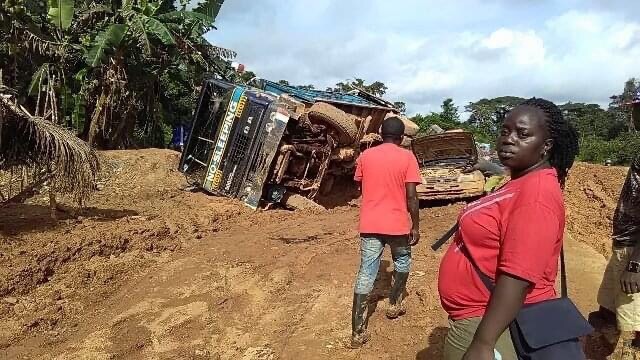
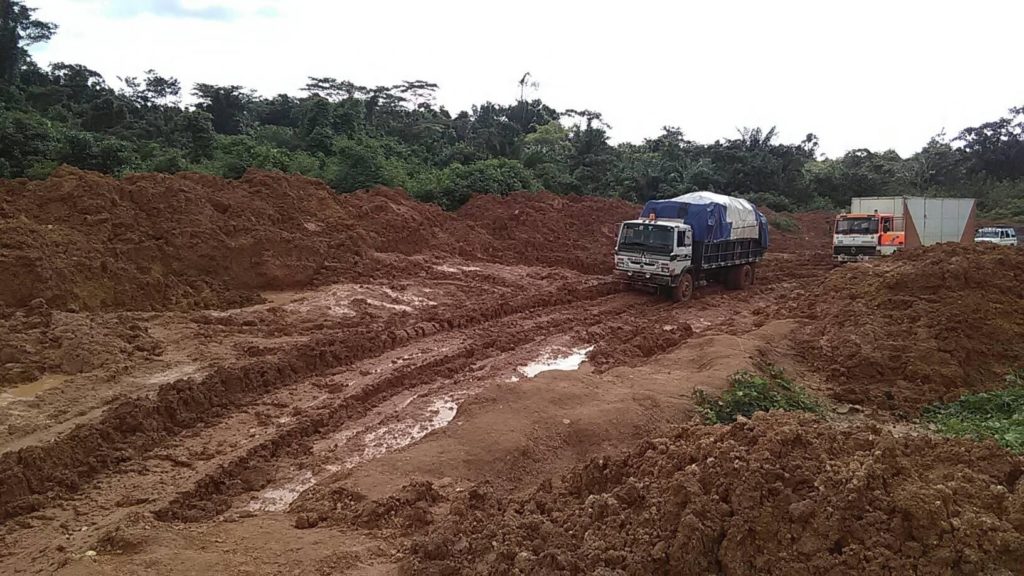
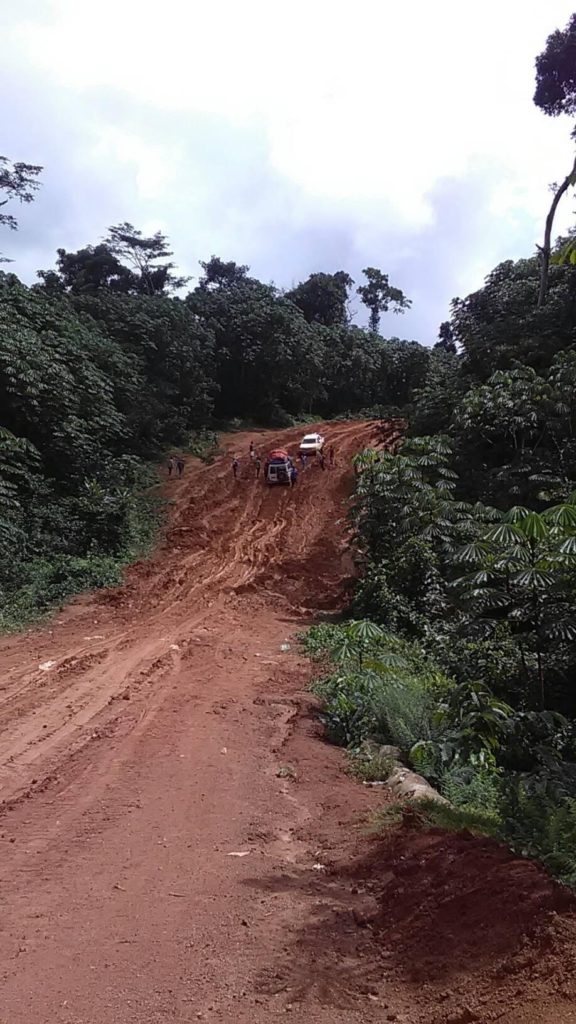
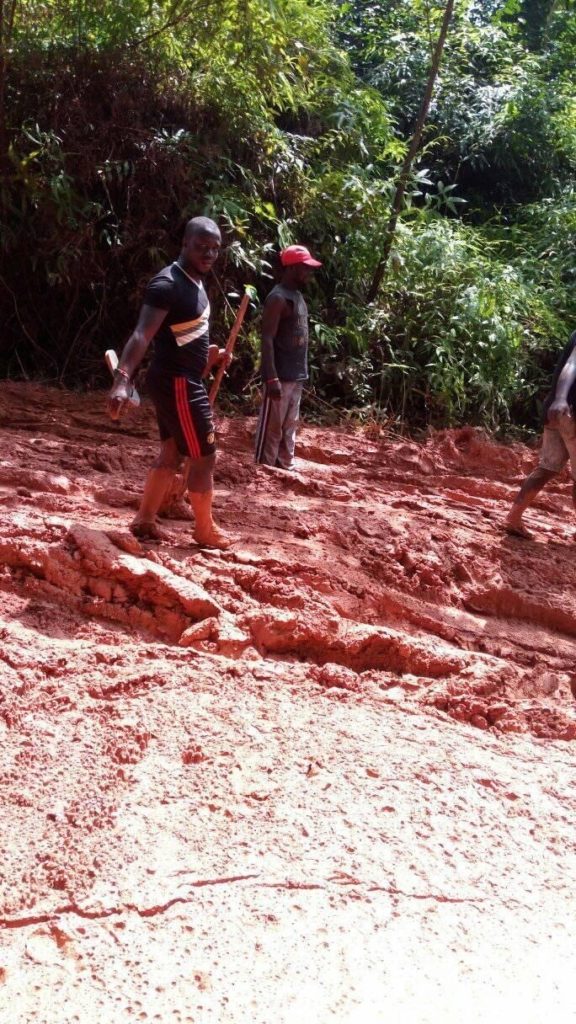
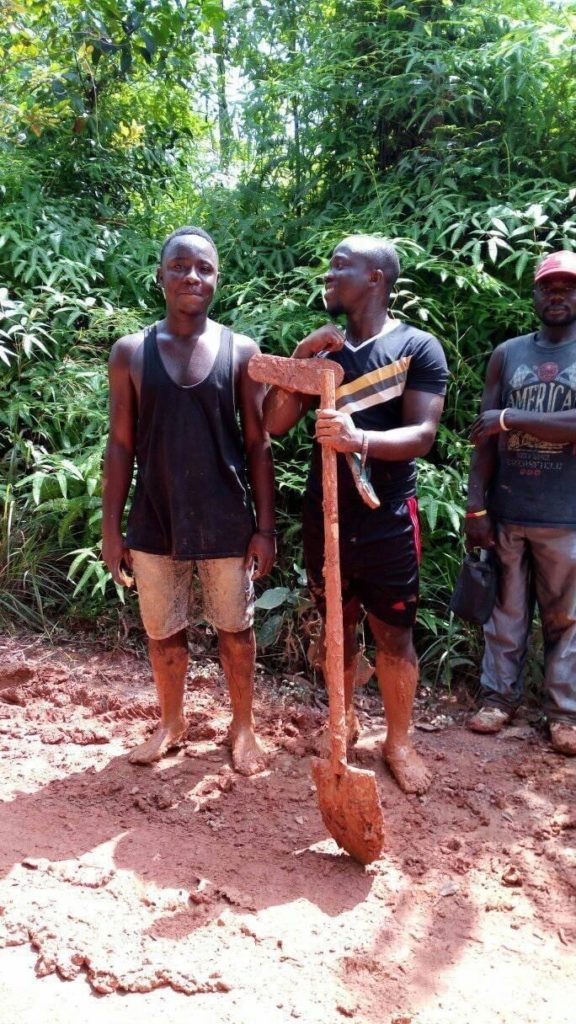
After they were pulled from the mud, Prince and his team continued to Grand Gedeh County to interview selected households. To reach all selected households in Liberia, data collectors travel by canoe and motorcycle. Prince shared the following photos from “when we had to cross the Dugbeh River. Amazingly, the motorcycle needed to ride with us.”
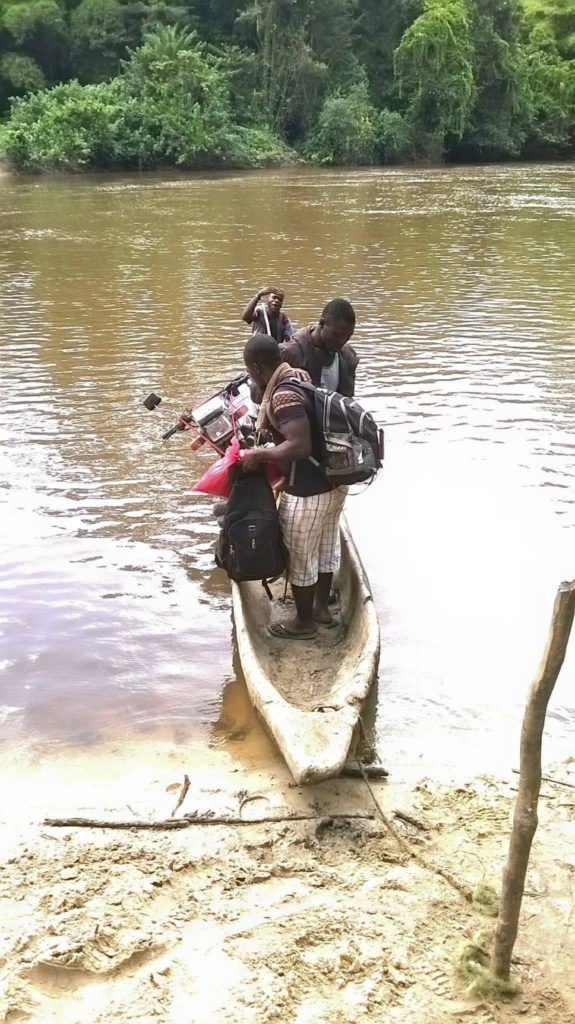
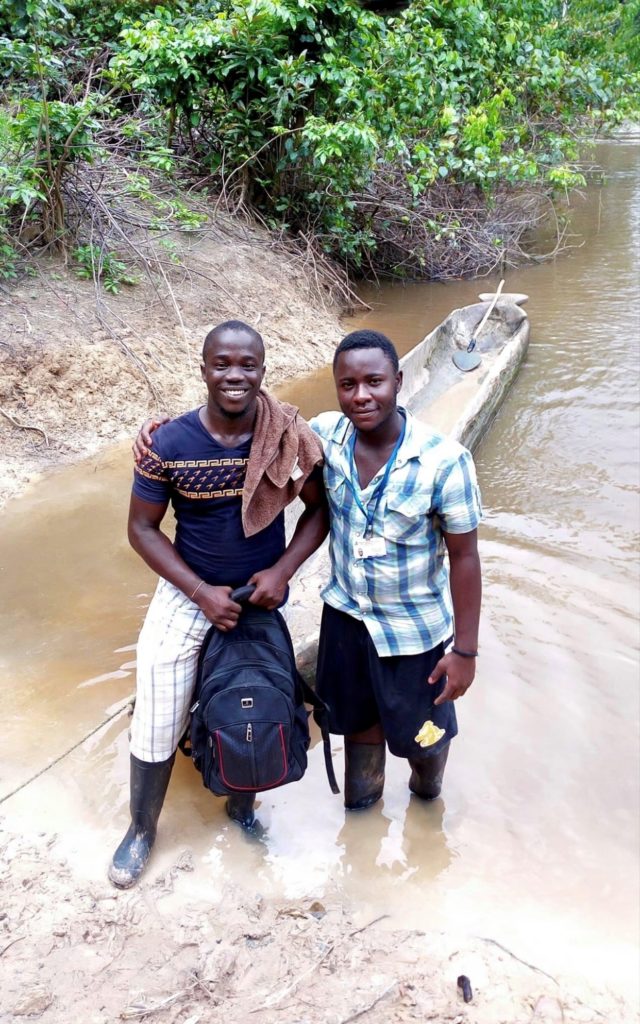
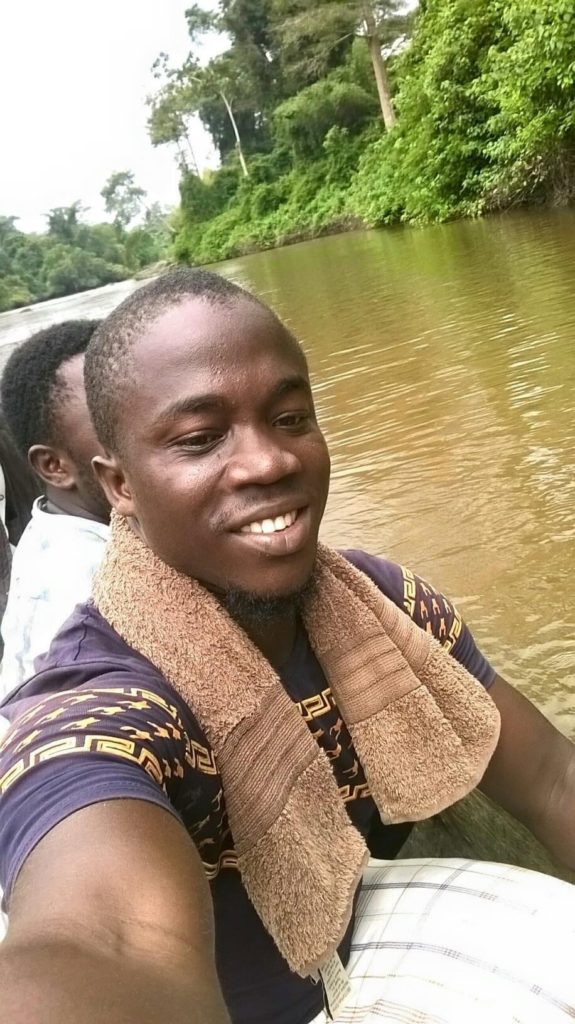
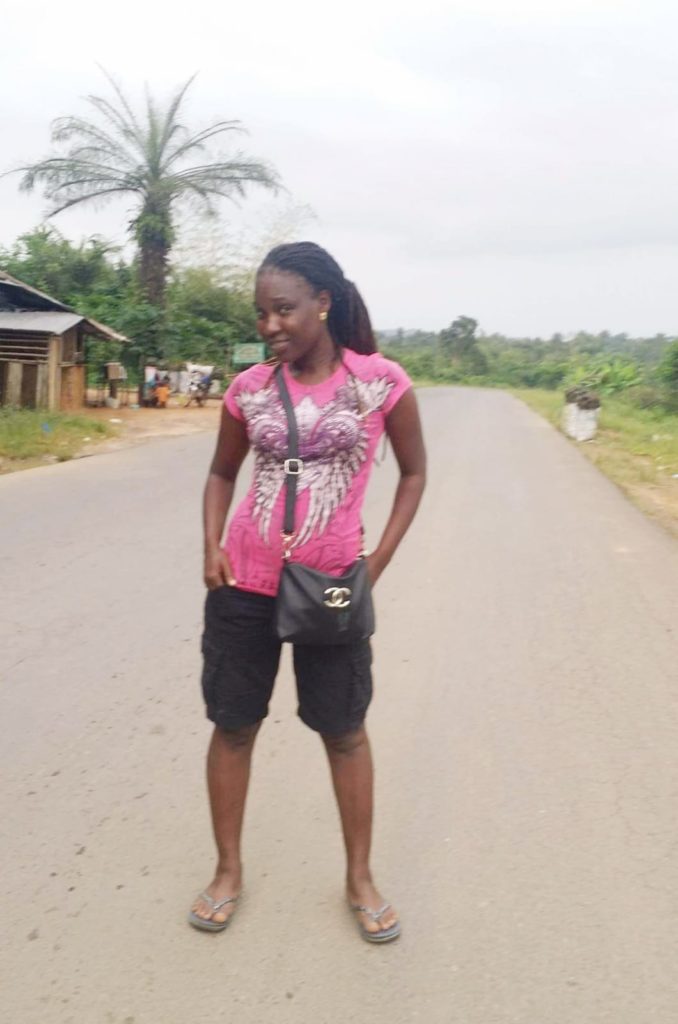
Data collectors go the extra mile, literally! “There are places in Liberia where I had to walk for 12 hours to get to villages to conduct the interviews. This is what the data collectors have to pass through to get to places where vehicles cannot reach,” Andrew explains. Once they reach selected households, data collectors face other challenges in completing interviews and collecting data. Andrew continues: “You weigh babies and children who don’t know you. You’re a stranger to them. So often, it is difficult because they cry, and you have to be very persuasive to be able to convince them to cooperate with you.”
Collecting quality data is a team effort. Martenneh Dorley has worked on four DHS Program surveys in different roles. As an editor for the 2019-20 Liberia DHS, it was her job to catch mistakes. For instance, “Someone would tell you ‘I’m age 37’, and then you ask them, and they tell you ‘I was born 1980’ and you will see inconsistencies,” which she would note and correct. Martenneh was also a supervisor for the 2016 Liberia MIS. She observed data collectors in action and conducted spot checks, following up with a household a few days after it was interviewed. If the information she gathered did not match the questionnaire filled out by the data collector, Martenneh would know which questions to review with the interviewer.
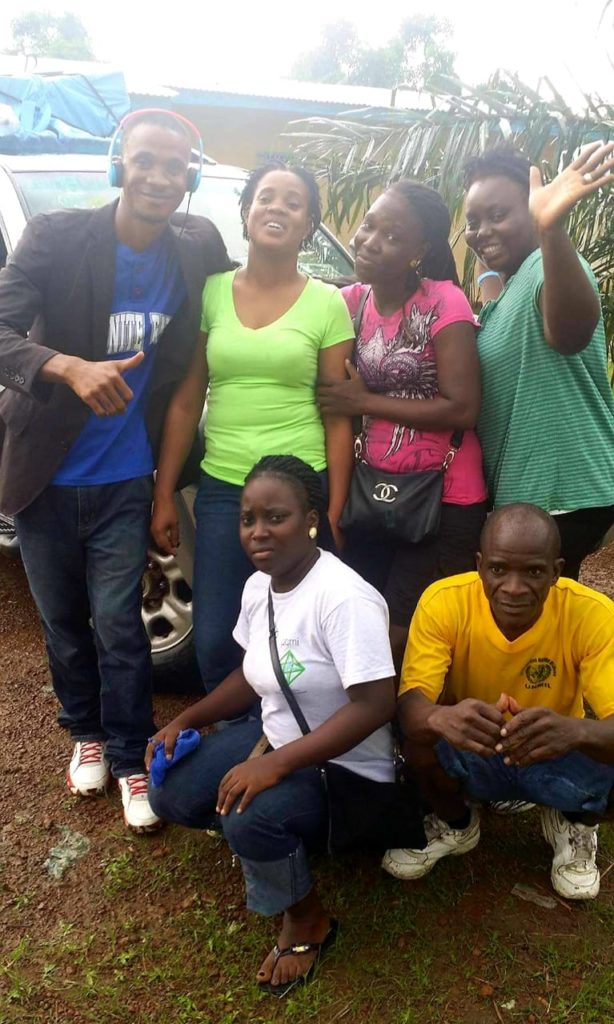
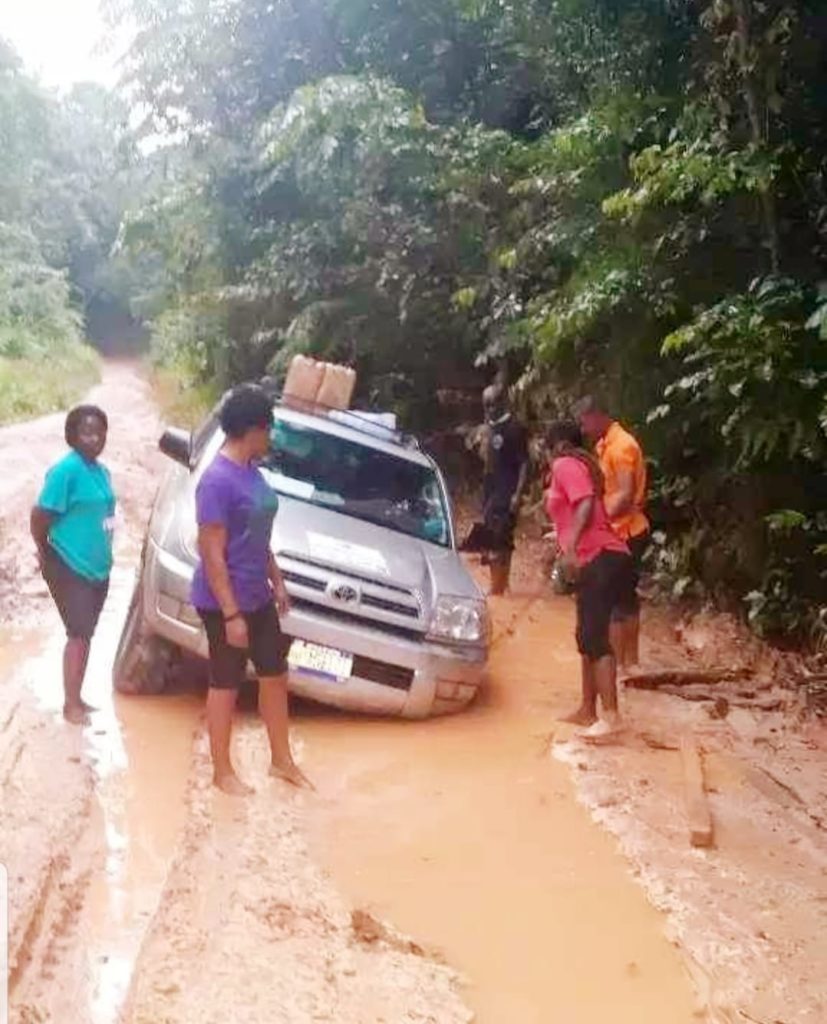
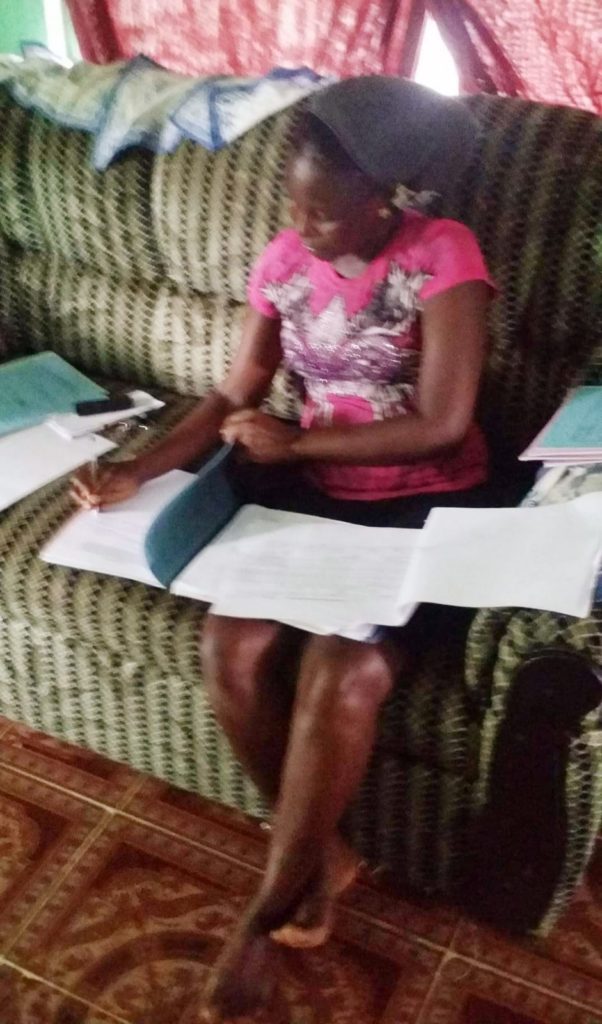
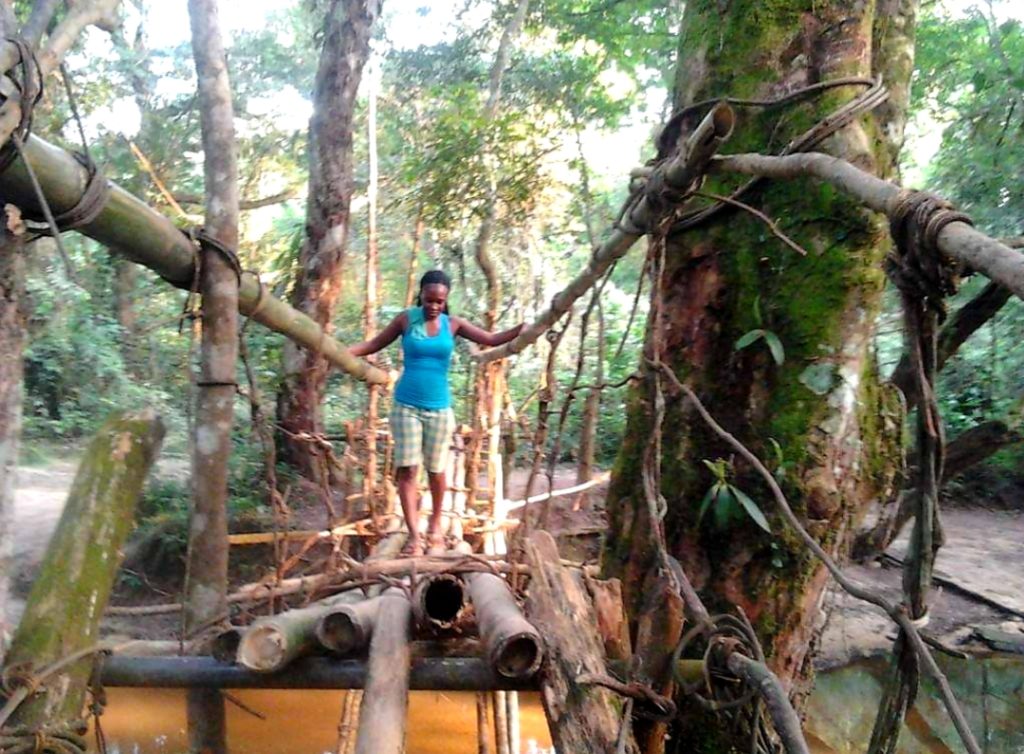
Why go to such great lengths? For Prince “my experiences with The DHS Program have afforded me the opportunity to see how other people are living.” Andrew puts it simply: “This is where passion comes in. This is where love for country comes in.” Andrew, Prince, and Martenneh are proud that the government of Liberia uses the data they help collect to monitor, evaluate, and inform programs and policies. For example, Liberia’s malaria communication strategy was revised in the National Malaria Strategic Plan 2021-2015, based on findings from the 2016 Liberia MIS that malaria knowledge was high, while behavioral change remained slow. Liberia’s National Malaria Control Program also uses DHS Program data to better protect vulnerable populations like pregnant women and young children from malaria. Thank you to Andrew, Prince, Martenneh, and thousands of local partners whose efforts make DHS Program data a powerful tool to improve lives in Liberia and across the globe.
Featured Image courtesy of Cameron Taylor


It is an honor to be referenced by DHS for my contribution to the growth and development of my country. This is the least I can do. Liberia MIS 2022 is loading and I can’t wait to be a part of this exercise once more.
Thank you for your hard work and dedication, Prince!